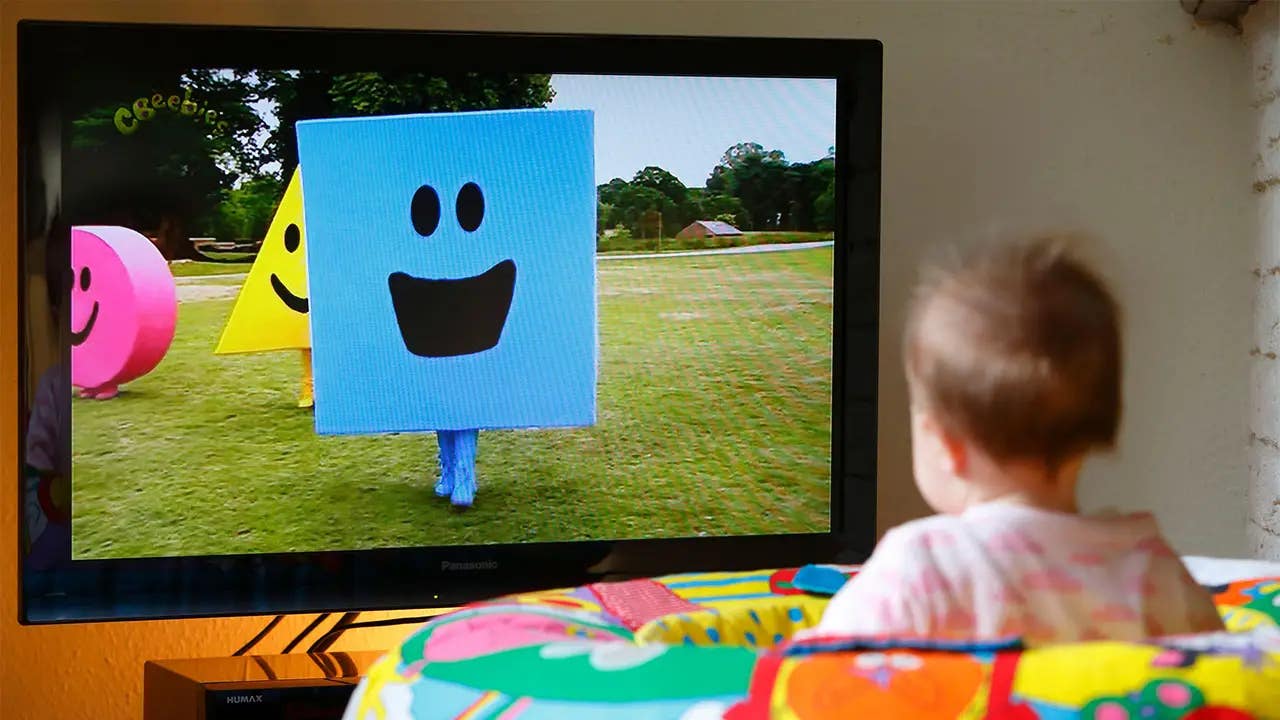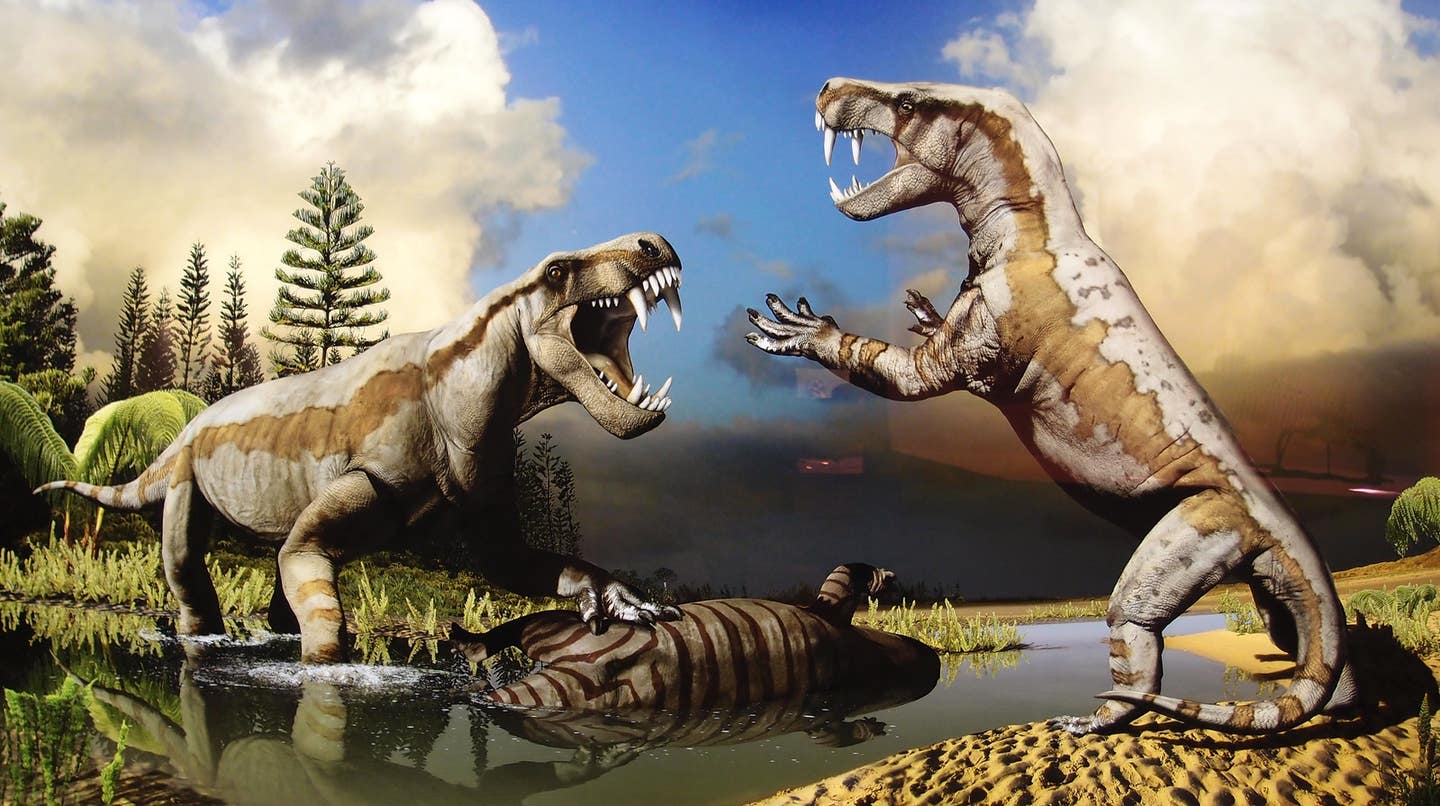AI algorithm could match you with your new ‘best friend’
The research team seeks to streamline and enhance the identification of dogs suited for specific tasks.

The formula provides a new “epigenetic clock,” a method for determining the age of a cell, tissue or organism based on a readout of its epigenetics. (CREDIT: Getty Images)
A groundbreaking development in the world of canine behavior and technology has emerged, as a team of researchers unveils an Artificial Intelligence (AI) algorithm designed to revolutionize the assessment of working dogs' personalities.
The aim is to facilitate the selection process for agencies training dogs for crucial roles in law enforcement and aiding individuals with disabilities.
The innovative personality test, detailed in the paper "An Artificial Intelligence Approach To Predicting Personality Types In Dogs," in Scientific Reports, is the result of collaborative efforts between experts from the University of East London and the University of Pennsylvania.
Sponsored by Dogvatar, a canine technology startup based in Miami, Florida, the research team seeks to streamline and enhance the identification of dogs suited for specific tasks.
Related Stories
At the core of this advancement lies the utilization of data derived from the Canine Behavioral Assessment & Research Questionnaire (C-BARQ), a comprehensive survey used for over two decades to assess potential working dogs.
By harnessing insights from nearly 8,000 C-BARQ responses, the AI algorithm learns to interpret and categorize dog behavior effectively.
"Many of C-BARQ's questions are subjective," explains co-Principal Investigator James Serpell, an emeritus professor specializing in ethics and animal welfare at the UPenn School of Veterinary Medicine. "Through data clustering, we can mitigate the impact of subjective responses, particularly in areas such as dog rivalry and stranger-directed fear."
TSNE plot of samples in different clusters. (CREDIT: Scientific Reports)
The AI algorithm operates by grouping responses to C-BARQ questions into five primary categories, which collectively form a digital personality profile for each dog. These categories encompass traits such as excitability, anxiety, aloofness, reactivity, and calmness, providing a nuanced understanding of each animal's disposition.
"These clusters offer meaningful insights into a dog's personality," Serpell notes, emphasizing the algorithm's ability to discern coherent patterns in behavior attributes like doorbell excitement and aggression towards unfamiliar dogs.
Confusion matrices for Decision Tree, Naïve Bayes, KNN and SVM models. (CREDIT: Scientific Reports)
Dogvatar's CEO, Piya Pettigrew, expressed enthusiasm for the algorithm's potential impact on the training and placement of working dogs. "This breakthrough could significantly enhance efficiency in our processes," Pettigrew remarks. "Moreover, it holds promise for reducing the number of companion dogs returned to shelters due to compatibility issues, benefiting both dogs and their human counterparts."
Looking ahead, Dogvatar and its research partners intend to explore further applications for their pioneering algorithm, reflecting a commitment to harnessing technology for the betterment of canine welfare and human-dog interactions.
For more science and technology news stories check out our New Innovations section at The Brighter Side of News.
Note: Materials provided above by The Brighter Side of News. Content may be edited for style and length.
Like these kind of feel good stories? Get the Brighter Side of News' newsletter.
Joshua Shavit
Science & Technology Writer | AI and Robotics Reporter
Joshua Shavit is a Los Angeles-based science and technology writer with a passion for exploring the breakthroughs shaping the future. As a contributor to The Brighter Side of News, he focuses on positive and transformative advancements in AI, technology, physics, engineering, robotics and space science. Joshua is currently working towards a Bachelor of Science in Business Administration at the University of California, Berkeley. He combines his academic background with a talent for storytelling, making complex scientific discoveries engaging and accessible. His work highlights the innovators behind the ideas, bringing readers closer to the people driving progress.



